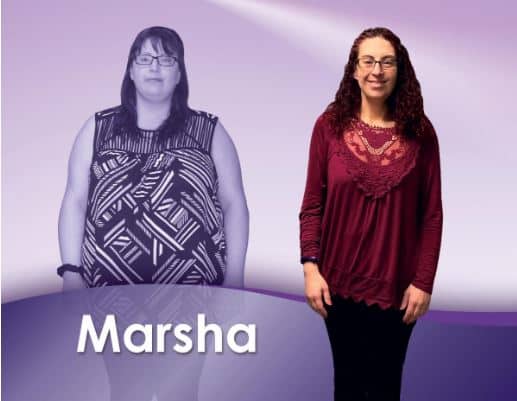A look at the published results of the LOOK-AHEAD Trial.
The NIH-sponsored LookAhead trial was a randomized controlled trial involving 5,145 individuals comparing an Intensive Lifestyle Intervention (ILI) to a Diabetes Support and Education (DSE) in overweight and obese type 2 diabetes patients to track the development of cardiovascular disease over time. The trial intervention, at a cost of $15 million was stopped for futility after a median follow-up of 9.6 years. While there was a miniscule differential effect on weight loss and fitness between the two groups, there was no effect on the primary endpoints of the trial: cardiovascular outcomes, including MI, stroke and cardiovascular mortality.

Discouragingly, however, the intensive support, diet, group and individual therapy and medical management did little to produce a clinically meaningful weight loss or Hemoglobin A1c response. Both the DSE and ILI groups experienced less health events than would be predicted without any support, so that might indicate a small reason for optimism. But the primary endpoint of composite cardiovascular events including MI, stroke, and CV death were essentially identical between the two groups as is shown below.

These frustrating results of a well-planned, well-funded intensive program demonstrate the poor understanding of the biology of weight retention and the physiologic Set Point. Temporary improvements lasting 1-2 years give way in every trial to a re-gain of weight back to baseline despite the supposed thoroughness or sophistication of the program.

To date, only surgery, which changes the hormonal chemistry of the Set Point and the fundamental mechanisms of glucose regulation and body weight, induces long term, meaningful reduction in diabetes, weight, mortality risk and cardiovascular adverse events.




